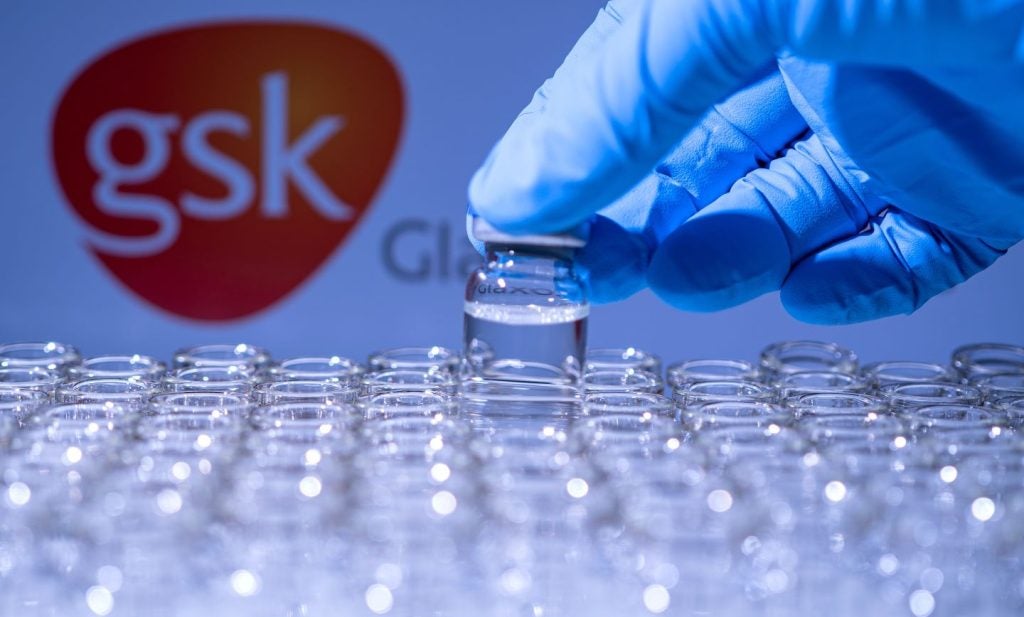Vaxxas has reported positive results from a Phase I clinical trial for the measles and rubella (MR) vaccine, which was delivered using its high-density microarray skin patch (HD-MAP).
The University of the Sunshine Coast in Queensland, Australia, completed the study.
The study included 60 young and healthy adults. Among them, 30 received the HD-MAP-delivered vaccine at various doses, 15 received a comparative vaccine through a needle and syringe, and 15 were given an HD-MAP-delivered placebo product.
Study participants who received the MR vaccine through HD-MAP demonstrated an increase in neutralising antibodies against placebo and a comparable response to the same comparator vaccine that was delivered using needle and syringe.
Vaxxas CEO David Hoey said: “Measles and rubella remain significant health concerns in many parts of the world, and we look forward to moving this product forward to later-stage clinical trials.”
The study was funded by a grant from the Bill & Melinda Gates Foundation.
Using this data, the company is moving forward with a Phase I/II clinical trial in The Gambia, Africa.
This study, sponsored by PATH, intends to assess HD-MAP's safety and its potential to generate similar immune responses to needle-and-syringe vaccination.
The Phase I component will be a small age de-escalation trial. If safety outcomes permit, it will be advanced to the Phase II component including 400 infants aged between nine and 11 months who were not earlier immunised against measles or rubella.
Meanwhile, this upcoming Phase I/II MR clinical programme will receive partial support through an extra grant provided by the Bill & Melinda Gates Foundation.
The Foundation's ongoing support for the MR HD-MAP programme is helping Vaxxas advance its clinical pipeline, which encompasses vaccines for influenza, Covid-19, and typhoid.
















